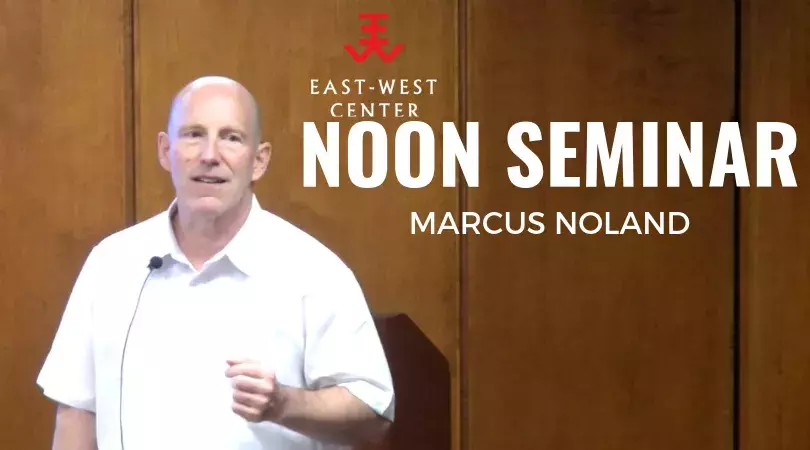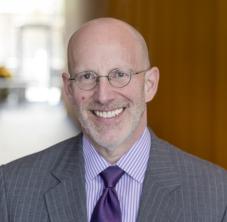Error message

In 2016, the United States elected an avowedly protectionist candidate president. Analysis of county-level electoral data indicates that exposure to trade competition encouraged a shift toward the Republican candidate, but this effect was mediated by race, diversity, education, and age. If the turn toward protectionism is due to economic dislocation, then public policy interventions could mitigate the impact and support the re-establishment of a political consensus for open trade. If, however, the drivers are identity or cultural values, then the scope for constructive policy intervention is unclear.
Video of Marcus Noland's presentation on 07/24/19 at East-West Center:

In 2016, the United States elected an avowedly protectionist candidate president. Analysis of county-level electoral data indicates that exposure to trade competition encouraged a shift toward the Republican candidate, but this effect was mediated by race, diversity, education, and age. If the turn toward protectionism is due to economic dislocation, then public policy interventions could mitigate the impact and support the re-establishment of a political consensus for open trade. If, however, the drivers are identity or cultural values, then the scope for constructive policy intervention is unclear.
Video of Marcus Noland's presentation on 07/24/19 at East-West Center:







